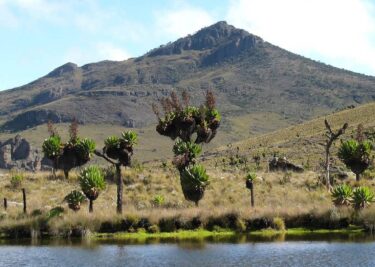Our Beverage Of Unity!
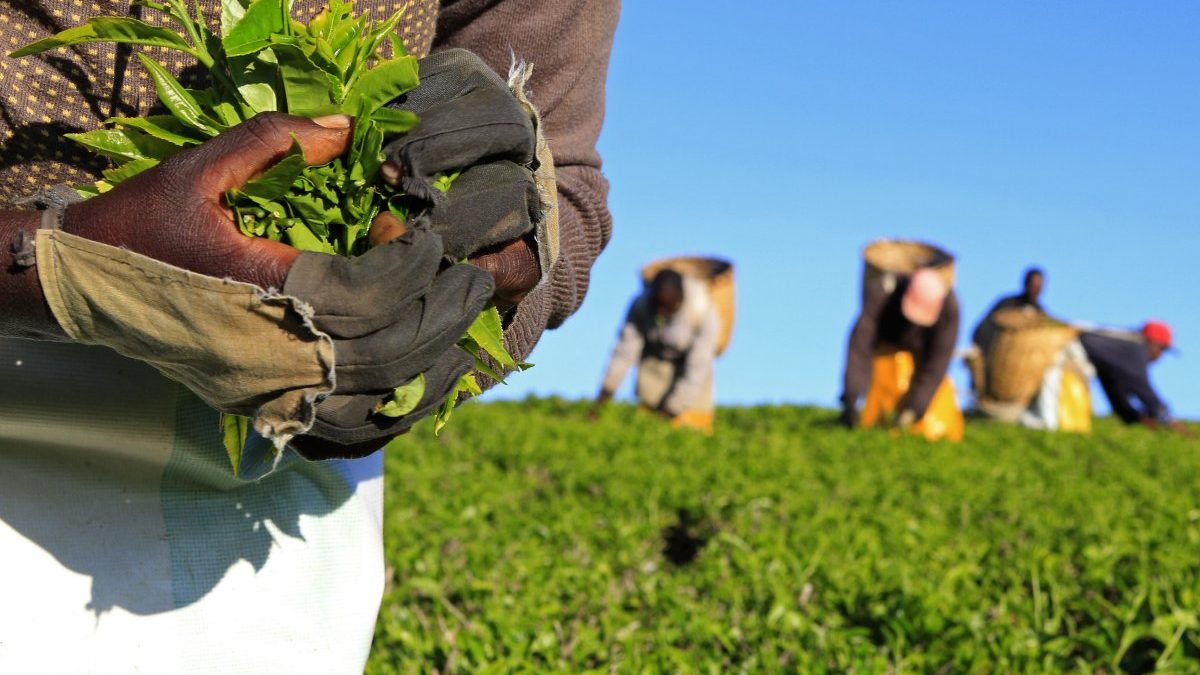
Photo Copyright: Farmers Trend
We love our tea – in fact if there is a beverage that unites us it must be chai. Strungii, mixed, masala tea, black, ya kienyeji, with lemon. It doesn’t matter how you like to drink it, so long as there is majani to make the day, we are at peace.
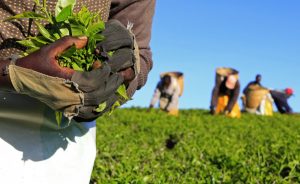
Photo Copyright: Farmers Trend
Tea, like many other crops is not indigenous to Kenya, but our climate in many zones of the country has made it a home grown affair. First introduced to Kenya in 1903 by an enterprising Englishman who had settled in Limuru and wanted to beautify his home, tea found its way quickly into the heart and soils of Kenya. Our heavy rainfall, acidic soils of the western and central areas of the country cool climate provide the magic mix needed to fuel the growth of high quality tea.
The growth of tea is the mainstay of thousands of smallholder farmers across counties of Kenya bringing profitable livelihoods to millions. Meanwhile several industrial level growers such as James Finlay, Brooke Bond, Unilever and George Williamson grow and harvest serious tonnage per day. A truly adept tea picker picks between 70 and 100kgs a day… and from there it’s off to the buying centre which is collection point for the many tea factories that dot the many ridges of tea growing zones.
The Kenya Tea Development Authority – KTDA is the largest manager of tea in the country. KTDA is run by Directors that are elected from the tea farming community across the seven regions. The system is home grown and home owned and is an economic backbone in many ways. Roads in many tea growing zones were first built by KTDA, factories employ from the local community with many employees growing the while a management trainee programme provides opportunities for food production, commerce and other graduates to grow through the system learning on several factory floors that cris cross the country.
The processing of tea is a delicate and exact science. Thousands of tonnes of green leaf are dried daily to the various grades that are developed for a variety of tastes. The super strong Dust is preferred in Pakistan, by far the largest importer of Kenyan tea. PF1 is used as the base blend for English Breakfast and Earl Grey teas with Kenyan tea making up 56% of tea drank in England! Other grades of tea are PD1 and PP1 which all make up the Main Grade. PF1 is also most popular at home and forms the tea leaves that are packed by Ketepa, Kericho Gold and others.
All in all Kenya is the single largest exporter of tea globally, not a bad tag to have, and of interest almost 40% of that tea comes from two counties – Bomet and Kericho. Goes to show that that beautiful green gold is actually worth its weight!
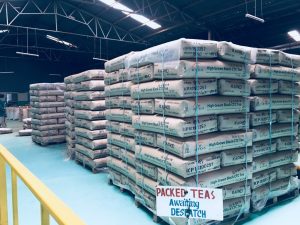
Photo Copyright: Mwihaki
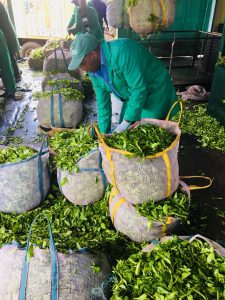
Photo Copyright: Mwihaki


